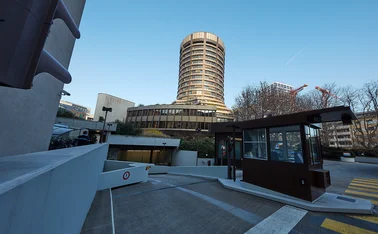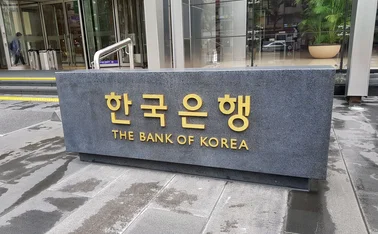
Post-crisis fiscal cuts boosted solvency without harming liquidity – DNB paper
Dutch paper uses yield spreads to analyse impact of consolidation announcements on investor perception of government solvency

Fiscal consolidation efforts by the Dutch government following the financial crisis enhanced its solvency in the long run, while “hardly affecting” its liquidity in the short run, a working paper by the Netherlands Bank says.
In the wake of the financial crisis, government budget deficits rose substantially, leading many European countries later to implement cuts. The euro area budget deficit, as a result, fell from 6.3% of GDP in 2009 to 1.5% of GDP in 2016.
In his paper, Jasper de Jong
Only users who have a paid subscription or are part of a corporate subscription are able to print or copy content.
To access these options, along with all other subscription benefits, please contact info@centralbanking.com or view our subscription options here: http://subscriptions.centralbanking.com/subscribe
You are currently unable to print this content. Please contact info@centralbanking.com to find out more.
You are currently unable to copy this content. Please contact info@centralbanking.com to find out more.
Copyright Infopro Digital Limited. All rights reserved.
As outlined in our terms and conditions, https://www.infopro-digital.com/terms-and-conditions/subscriptions/ (point 2.4), printing is limited to a single copy.
If you would like to purchase additional rights please email info@centralbanking.com
Copyright Infopro Digital Limited. All rights reserved.
You may share this content using our article tools. As outlined in our terms and conditions, https://www.infopro-digital.com/terms-and-conditions/subscriptions/ (clause 2.4), an Authorised User may only make one copy of the materials for their own personal use. You must also comply with the restrictions in clause 2.5.
If you would like to purchase additional rights please email info@centralbanking.com








